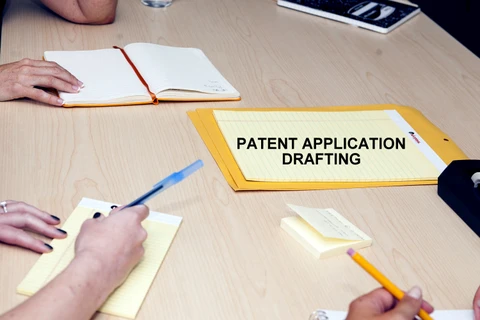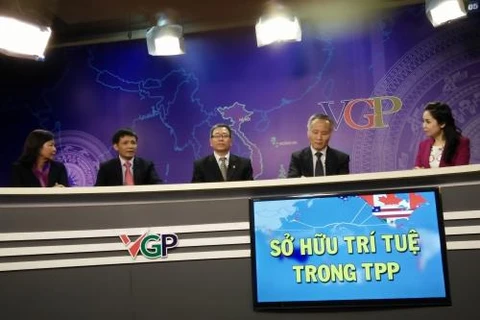HCM City (VNA) – Protection of intellectual property will be an essential factor to further innovation and economic growth of the country, an official with the Ministry of Science and Technology has said.
Speaking at the International Innovation Business Forum held in HCM City on June 2, Deputy Minister Tran Viet Thanh said that intellectual property (IP) was an unlimited resource and the result of people’s innovation, unlike limited resources such as labour, capital and land.
Protection and trading of IP rights would bring great benefits not only to businesses but to the entire economy, he said.
The role of IP is critical as Vietnam integrates more deeply in the global economy.
Thanh said that IP would be a decisive factor in strengthening the competitive capacity of enterprises as well as the entire economy.
Around 1,500 patents, 15,000 industrial designs and 160,000 trademarks of businesses in Vietnam are protected currently.
By trading their own intellectual property, businesses could recoup their expenses for creating, developing and protecting IP, and, at the same time, increase IP value, Thanh said.
He noted that foreign organisations had recognised the value of several Vietnamese companies’ intangible assets.
For example, the Vinamilk brand last year was valued at 1.1 billion USD, accounting for 22 percent of the company’s wealth. The Viettel brand was valued at 580 million USD and Vinhomes at 343 million USD.
A recent survey by the ministry showed that in the 2000-14 period there was an increase in the number of intellectual asset licenses among businesses in Vietnam, he said.
The number of Vietnamese intellectual assets transferred to foreign investors was also on the increase, with sales in 2014 rising by 20 times over the figure in 2006.
Sales of intellectual property mainly occur in industries such as pharmaceutical, pharmaceutical chemistry, processing, food preservation, garment and textile, engine manufacturing, electrical equipment and medical equipment.
The entry of foreign investors from the Republic of Korea, the US, China, Thailand, Japan and other countries had contributed to the promotion of commercialisation of intangible property of Vietnamese firms, he said.
Lai Tien Manh, Director of Mibrand Vietnam, noted that brands were the most important intellectual asset of a business.
Products with a good brand name can command prices 10 times higher than one with a weak brand, even though the product may be similar, he said.
Total brand value in Vietnam, however, remains very low compared to other countries.
The total value of the country’s 50 leading brands is only 5.5 billion USD, slightly higher than a Singaporean brand (BBS bank valued at 4.4 billion USD), he said.
Many local firms had not protected their intellectual property, he said.
Without IP protection, a company’s investment in research and development, product differentiation, and marketing could be stolen or copied.
He said that Vietnamese companies should focus on improving their brand value and become more aware of intellectual property rights.
The Government should also develop a legal framework that allows adding a company’s brand value to its total asset value, he said.
Thanh said that the Trans Pacific Partnership (TPP) trade agreement would set high standards on intellectual property protection.
But the enforcement of such regulations would be a challenge for many Vietnamese firms, he added.
In the long run, however, better protection of intellectual property is expected to provide stronger incentives for businesses to invest in creative industries that Vietnam is seeking to develop, Thanh said.
The forum was organised by the Ministry of Science and Technology, Business Association of High-Quality Vietnamese Goods, Business Studies and Assistance Centre, and Leading Business Club.-VNA

Singapore, UK boost intellectual property cooperation
Singapore and the United Kingdom (UK) signed a Memorandum of Understanding (MoU) on September 21 to boost cooperation in intellectual property (IP) and trade.























